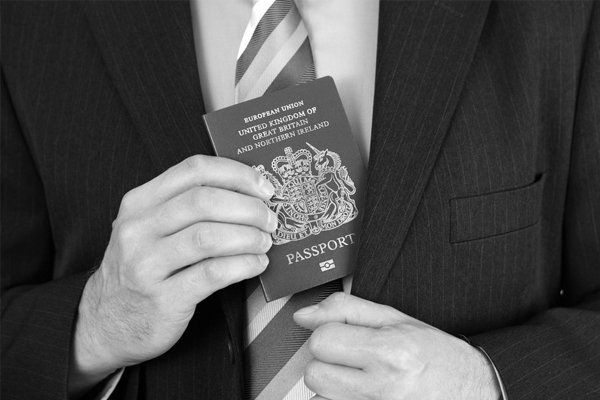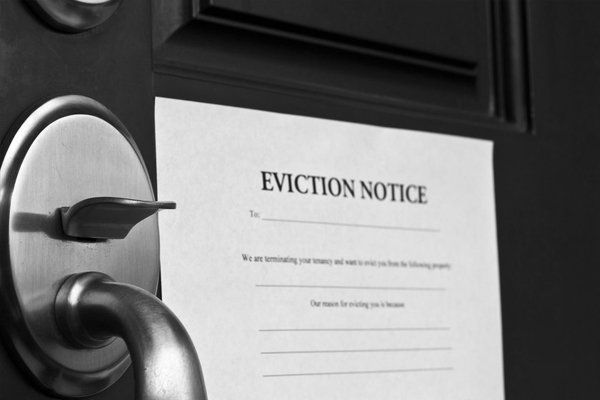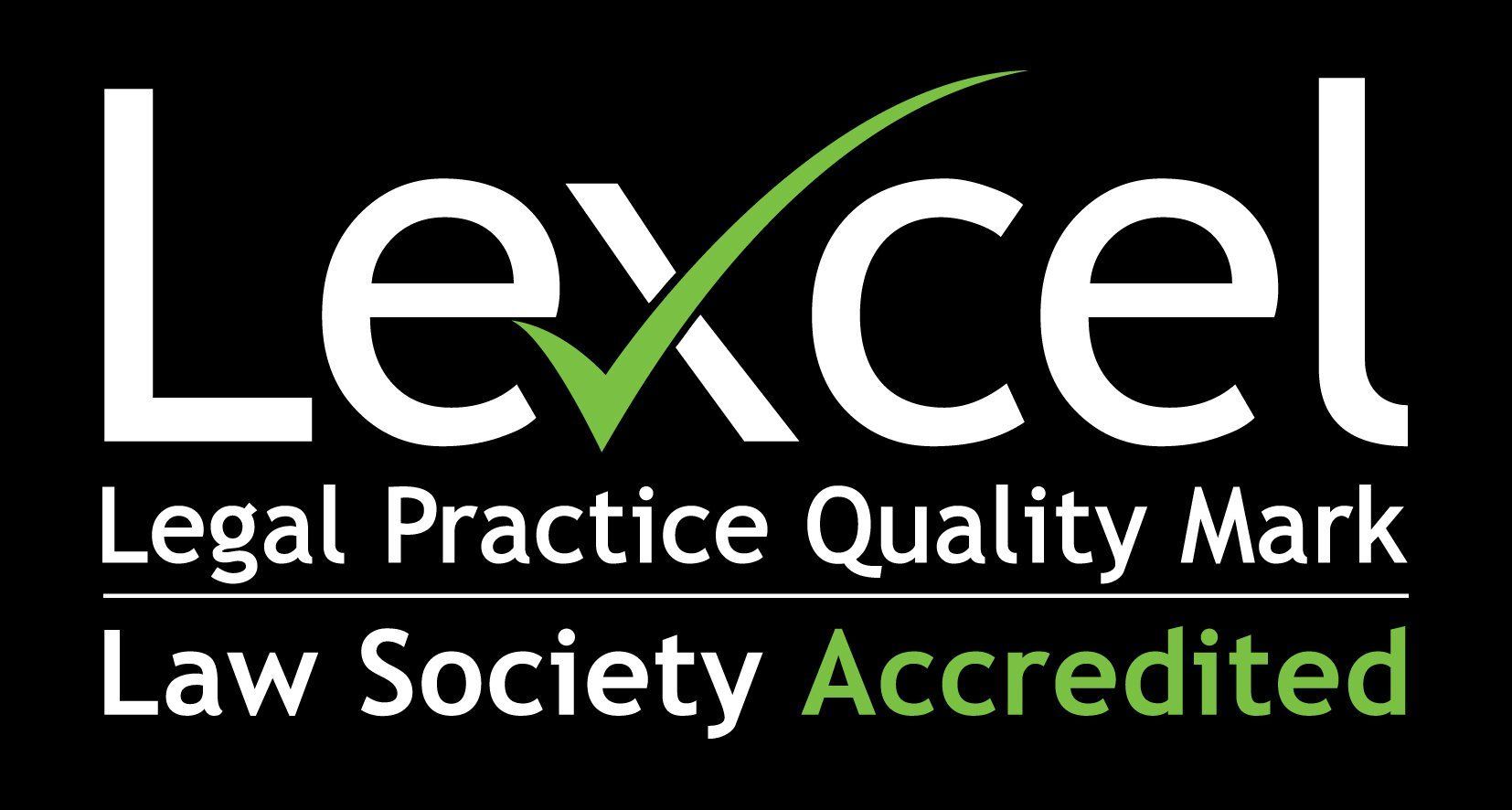Immigration, nationality and asylum


Our immigration department specialises in:
- Entry clearance applications
- Visas under the point-based system
- Asylum claims, further submissions and human rights applications
- Spouse and dependent visa applications
- Settlement and naturalisation applications
- EEA (European Economic Area) resident permits
- Immigration appeals, administrative reviews and judicial review applications
- Bail applications and Injunctions
- Deportation matters
- Sponsorship Applications
Housing and social welfare


Our housing department specialises in:
- Homelessness
- Disrepair
- Access to social housing
- Unlawful eviction
- Repossession and eviction
- Judicial reviews
Family and matrimonial advice


Our family department specialises in:
- Divorce and separation
- Domestic abuse and injunctions
- Child disputes
- Care proceedings, guardianships and adoption orders
Our service promise:
- We will discount the initial consultation fees from the total cost of the matter if you choose to instruct us.
- We will arrange you an appointment promptly to discuss your matter in detail and we will provide you with follow up appointments upon your request, as necessary.
- We will be transparent about fees: we will provide you with fixed fees, and reasonable hourly rates wherever applicable.
- If your caseworker is unavailable for any reason, you will be allocated another designated member of the team to work on your case.
- We will not increase our hourly rate, include any additional charges or hidden charges without your knowledge or informing you in advance.
- We will provide advice in English or your preferred language without any legal jargon and will always clarify any doubts or concerns you may have.

Our complaints policy
We are required under Rule 2.1 of the Transparency Rules to operate a complaints handling procedure which shall, inter alia, ensure that clients are informed who to approach in the event of any problem with the service provided. They are informed of their rights to complain at the outset of the confirmation of their instruction in the client care letter. All members of staff should be aware of the procedure below.
All complaints are dealt by the Complaints Handling Officer and the nature of the complaint is considered very seriously by the CHO, who in turn may consult a senior supervisor in assessing the complaint. The complaint is assessed by the CHO who will have a vast amount of experience and skills in dealing with different natures of complaint that may arise.
Complaints Register
A complaint is defined as: a formal expression of dissatisfaction with the way someone has been treated or with the service they have received. It can be in relation to: the work a solicitor did; a bill; if lies were told; money was stolen; SRA rules were broken.
The complaint received will be placed in the Complaints Register and an acknowledgement letter will be sent to the client immediately upon receipt. The Complaints Handling Officer will assess each of the issues and give a time frame by which the issues raised will be investigated and looked into.
An initial period of 14 days will be given. However, if more time is required to investigate the complaint or if the matter is complicated the client will be informed of the time frame. If the complaint can be dealt with quickly before 14 days, a response will be sent to the client accordingly.
The majority of complaints received by the Legal Ombudsman Service/Solicitors Regulation Authority are from complainants who are not actually interested in gaining any specific form of redress. Rather, they are from ordinary members of the public who simply want their matter dealt with satisfactorily. Often their complaint is minor, such as lack of communication, delay or rudeness. It is much less common for the cause of the complaint to be for want in the quality of the actual service.
Many of the complaints needed not reach the Legal Ombudsman Service / Solicitors Regulation Authority if the client’s problems had been resolved within the firm before they became a grievance or formal complaint.
At the outset of any matter it is a requirement that the client is told the name of the person with whom to raise any problems. A copy of a client care letter used in a specific case is attached; a similar letter should be sent to the client in every case.
Each client must be told the person to whom any such matter should first be addressed. If that person does not resolve the problem the client should then address the matter to Mrs N.R.W Gunasekara.
Whenever a problem or compliant is raised by a client under this procedure, it is essential that a note is made in the complaints registry and the particular file. An investigation is then to be carried out. The compliant must be addressed immediately by Mrs N.R.W Gunasekara. Mrs N.R.W Gunasekara will identify the cause of any problem and offer an appropriate redress, correcting any unsatisfactory procedure.
If a client remains dissatisfied after exhausting the internal procedure, he or she should be referred to the Legal Ombudsman Service. Staff should produce on request or direct to the company website (for which the procedure is readily available) the procedure for the client to make a complaint to the Legal Ombudsman Service / SRA. According to SRA guidance we use the following text:
We want to give you the best possible service. However, if at any point you become unhappy or concerned about the service, we/I have [change as appropriate] provided then you should inform us immediately, so that we can do our best to resolve the problem.
In the first instance it may be helpful to contact the person who is working on your case to discuss your concerns and we will do our best to resolve any issues [delete if not required]. If you would like to make a formal complaint, then you can read our full complaints procedure [link to your process]. Making a complaint will not affect how we handle your case.
What to do if we cannot resolve your complaint
The Legal Ombudsman can help you if we are unable to resolve your complaint ourselves. They will look at your complaint independently and it will not affect how we handle your case.
Before accepting a complaint for investigation, the Legal Ombudsman will check that you have tried to resolve your complaint with us first. If you have, then you must take your complaint to the Legal Ombudsman:
- Within eight weeks of receiving a final response to your complaint
and
- No more than one year from the date of act/omission; or
- No more than one year from when you should reasonably have known there was cause for complaint.
If you would like more information about the Legal Ombudsman, please contact them.
Contact details
Visit: www.legalombudsman.org.uk
Call: 0300 555 0333 between 9.00 to 17.00.
Email: enquiries@legalombudsman.org.uk
Legal Ombudsman, PO Box 6167, Slough, SL1 0EH
What to do if you are unhappy with our behaviour
The Solicitors Regulation Authority can help if you are concerned about our behaviour. This could be for things like dishonesty, taking or losing your money or treating you unfairly because of your age, a disability or other characteristic.
Visit their website to see how you can raise your concerns with the Solicitors Regulation Authority.
All complaints referred to the Legal Ombudsman Service / Solicitors Regulation Authority, must be dealt with by Mrs N.R.W Gunasekara.
Mrs N.R.W Gunasekara must review and analyse all complaints that have been lodged in the complaints registry on an annual basis. Pursuant to such a review, appropriate measures are to be introduced to avoid similar future complaints.
Review of all Complaints
After each complaint, we will review our Complaints Handling Procedure every three months. We will try to improve the standard of our professionalism and quality of service by taking relevant steps to resolve any future complaints. A relevant indicator of us assessing and analysing our quality of service to resolve any complaints will be monitored by the 'Client Feedback Questionnaire' of each client, after the conclusion of the case. This will enable us to see our client's comments and how we can endeavour to improve our quality of service.

Send us a message
We will get back to you as soon as possible
Please try again later




